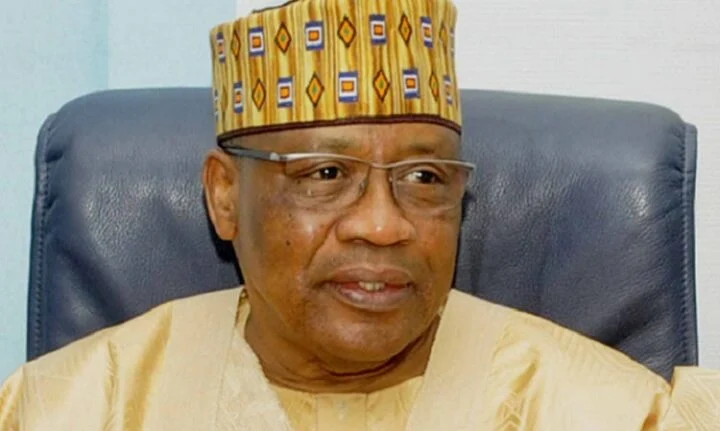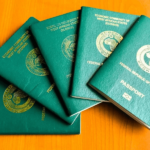Former military president Ibrahim Babangida has given a detailed explanation of the circumstances surrounding the annulment of the June 12, 1993, presidential election by his regime as he attempts to walk back his questionable roles back in time.
For decades, the annulment of the June 12, 1993, presidential election in Nigeria has been one of the most controversial developments in Nigeria’s political history.
Widely regarded as the freest and fairest election in Nigeria’s post-independence era, the poll saw Moshood Kashimawo Olawale (MKO) Abiola of the Social Democratic Party (SDP) poised to defeat Bashir Tofa of the National Republican Convention (NRC).
However, the election results were never officially completed or declared, as the process was abruptly halted and the election annulled by the military regime led by General Ibrahim Badamasi Babangida (IBB).
Babangida has borne the brunt of public blame for this decision, which plunged Nigeria into a period of political turmoil, protests, and a prolonged military dictatorship under General Sani Abacha.
However, in a new claim he made in his memoir: “A Journey in Service”, launched on February 20, 2025, in Abuja, Babangida asserted that the annulment was orchestrated by Abacha’s rogue forces without his authority, shifting responsibility to his then-Chief of Defence Staff, Sani Abacha, who later became Nigeria’s military head of state.
According to Babangida, he was not in Abuja, the seat of power, when the annulment was declared by Abacha’s rogue forces.
He said on June 23, 1993; he had travelled to Katsina to attend the funeral of Musa Yar’Adua, a prominent political figure and father of the late President Umaru Yar’Adua.
Babangida recounted that as he prepared to leave Katsina after the funeral, he received word that the June 12 election had been annulled.
He described the announcement as shocking and unauthorized, delivered haphazardly by Nduka Irabor, the press secretary to Vice President Augustus Aikhomu, Babangida’s second-in-command.
Babangida also claimed that while the possibility of annulment had been discussed as one of several options during the deadlock that followed the suspension of result announcements, it was never intended to be executed in such a unilateral and chaotic fashion.
Babangida stated: “And then, on June 16, without my knowledge or prior approval, NEC Chairman, Professor Nwosu, announced the suspension of the June 12 election results ‘until further notice’.
“I knew instantly that certain fifth columnists were at work and that there was a need for extra care! And even after that suspension of the announcements of results, ABN obtained another ‘strange’ court order from Justice Saleh’s court in Abuja, stopping the release of the results of the elections.
He added: “The funeral had taken place, and as I got ready to leave, a report filtered to me that the June 12 elections had been annulled.
“Even more bizarre was the extent of the annulment because it terminated all court proceedings regarding the June 12 elections, repealed all the decrees governing the Transition and even suspended NEC!
“Equally weird was the shabby way the statement was couched and made. Admiral (Augustus) Aikhomu’s press secretary, Nduka Irabor, had read out a terse, poorly worded statement from a scrap of paper, which bore neither the presidential seal nor the official letterhead of the government, annulling the June 12 presidential elections. I was alarmed and horrified.
“Yes, during the stalemate that followed the termination of the results announcement, the possibility of annulment that could lead to fresh elections was loosely broached in passing. But annulment was only a component of a series of other options.
“But to suddenly have an announcement made without my authority was, to put it mildly, alarming. I remember saying: ‘These nefarious ‘inside’ forces opposed to the elections have outflanked me!’ I would later find out that the ‘forces’ led by General Sani Abacha annulled the elections.
“There and then, I knew I was caught between ‘a devil and the deep blue sea’!! From then on, the June 12 elections took on a painful twist for which, as I will show later, I regrettably take responsibility.”





